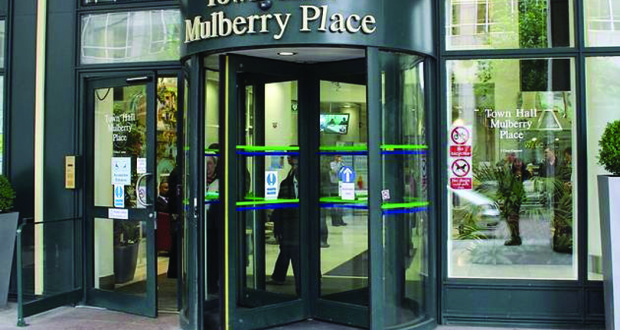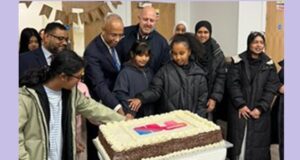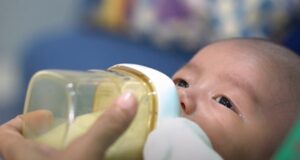Diabetes Week runs from 14-20th June and is seen as a time to increase awareness and provide further advice, support and information on the condition. The national campaign, led by Diabetes UK, is encouraging people to share their hints, tips and stories of how they manage their condition and still live life to the full, using hashtag #DiabetesandMe on social media.
Diabetes is a long-term condition that occurs when a person’s blood sugar levels become too high. There are two kinds of diabetes: Type 1 and Type 2.
•Type 1 diabetes is less common and can develop very quickly over the course of weeks or even days, particularly in children and young people.
•Type 2 diabetes usually occurs in older people – but rising levels of obesity mean that it is occurring at ever younger ages. It is very common in Tower Hamlets, with over 14,000 residents living with this condition. It is estimated that over 2,000 individuals living in the borough have the disease but have not yet been diagnosed.
Type 2 diabetes is preventable and is strongly linked to being overweight. Research shows the risk of developing Type 2 diabetes is six times higher for people of South Asian origin compared to those of a European descent. The large South Asian population in Tower Hamlets contributes to the high rates of Type 2 diabetes found in the borough. If not managed well, diabetes can lead to complications such as blindness, lower limb amputation, kidney failure, heart disease and stroke. Type 2 is also the most common form of diabetes and tends to develop gradually, which can make spotting the signs more difficult.
With early diagnosis and expert care, people with diabetes can lead normal, healthy lives. Dr Somen Banerjee, Director of Public Health at Tower Hamlets Council, said: “Over 70% of Type 2 diabetes cases can be prevented or delayed by adopting healthier lifestyles. As Ramadan starts during Diabetes Week this year, it should be seen as an opportunity to focus on eating a healthy diet, stopping smoking – and increasing physical activity after the month-long fast. Anyone with diabetes who is thinking of fasting during Ramadan should speak to their GP or practice nurse to discuss how to keep well.”
Health professionals have been delivering local training sessions for Muslims planning to fast to provide further information on the causes of diabetes and how to keep healthy throughout the holy month. Health trainers will be working across the community to identify people who may be at risk of diabetes and advise them accordingly.
[Adverts]
•To find your local health trainer and see a timetable of activity, go to: www.towerhamlets.gov.uk/gethealthy
•For further information on diabetes and the campaign go to:
www.diabetes.org.uk
•For further information on a healthy diet during Ramadan go to:
www.bartshealth.nhs.uk/ramadan
•For more information on local stop smoking services go to:
www.towerhamlets.gov.uk/stopsmoking
Regular symptoms for both types of diabetes include increased urination, increased thirst, tiredness, dry mouth, itchy genitalia and unexplained weight loss.
Suggestions for food to eat when breaking fast include the following.
•Complex carbohydrates: foods that will help release energy slowly during fasting and are found in grains and seeds, like barley, wheat, oats, cereals, semolina, beans, lentils, wholemeal flour, basmati rice, etc.
•Fibre-rich foods are also digested slowly; these include bran, whole wheat, grains and seeds, potatoes with the skin, all types of bread and breakfast cereals, vegetables such as green beans and fruit such as apricots, prunes or figs.
•Protein, such as lean meat, fish, eggs, lentils Vegetables and fresh fruit.
 East London News A Force for the community…
East London News A Force for the community…




